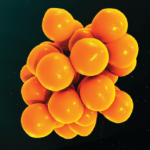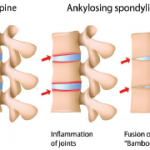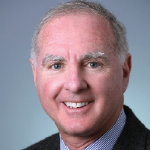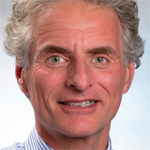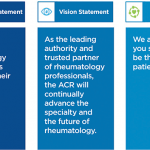Is rheumatoid arthritis (RA) preventable? Results of a newly published study suggest that personalized medicine approaches may result in health behavior that may reduce RA risk. “We have gotten to the point where we’ve identified some modifiable behaviors that affect rheumatoid arthritis risk,” says Jeffrey A. Sparks, MD, MMSc, assistant professor of medicine in the…

